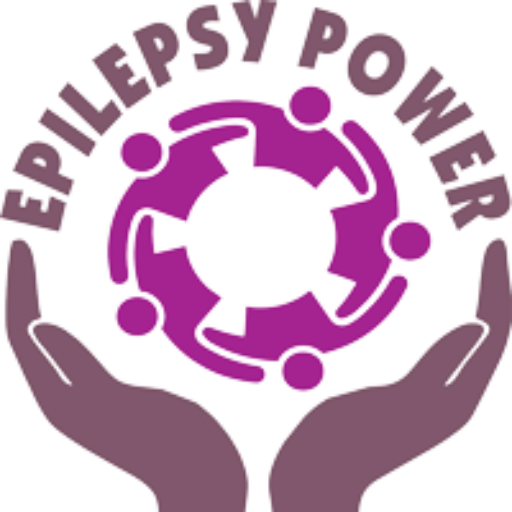- Introduction
- Section 1: Understanding Epilepsy
- Section 2: Promoting Awareness
- Section 3: Effective Communication Strategies
- Section 4: Self-Advocacy
- Concluding Remarks
- Quiz
Statistics
Total Participants: 16
N. of issued certificate: 5
Total Participants: 16
N. of issued certificate: 5
Introduction
Interacting with co-workers is an essential aspect of any workplace, as it fosters teamwork, communication, and a positive work environment. However, people with epilepsy may face unique challenges when it comes to social interactions in the workplace.
This module aims to provide practical advice on how to foster meaningful interactions with co-workers. It will cover the four themes of understanding epilepsy, promoting awareness, effective communication strategies, and self-advocacy. By implementing these strategies, people with epilepsy can create an inclusive work environment that promotes collaboration and mutual understanding.
Learning Objectives
- Understand epilepsy and build self-confidence: The first learning objective is to gain a comprehensive understanding of your specific epilepsy type, recognize personal triggers, and effectively manage your medication. By doing so, you can develop self-confidence and be better prepared to address potential concerns during social interactions with colleagues at work.
- Promote awareness and reduce stigma: The second learning objective is to promote awareness about epilepsy in the workplace through open discussions, training, and utilizing resources from reputable epilepsy support organizations. By doing this, misconceptions and stigma surrounding epilepsy can be dispelled, leading to a more empathetic and understanding work culture.
- Effective communication strategies: The third learning objective is dedicated to learning effective communication strategies in the workplace. This includes deciding whether to disclose your epilepsy, communicating your accommodation needs confidently, and educating your co-workers about epilepsy. These strategies enable you to express your needs and preferences and receive the necessary support to thrive at work.
- Self-advocacy and empowerment: The fourth learning objective is to empower you to advocate for yourself through continuous self-education, assertiveness training, and seeking support from various channels. By doing so, you can overcome challenges, assert your rights, and help foster a positive work environment that values inclusivity and mutual understanding.
